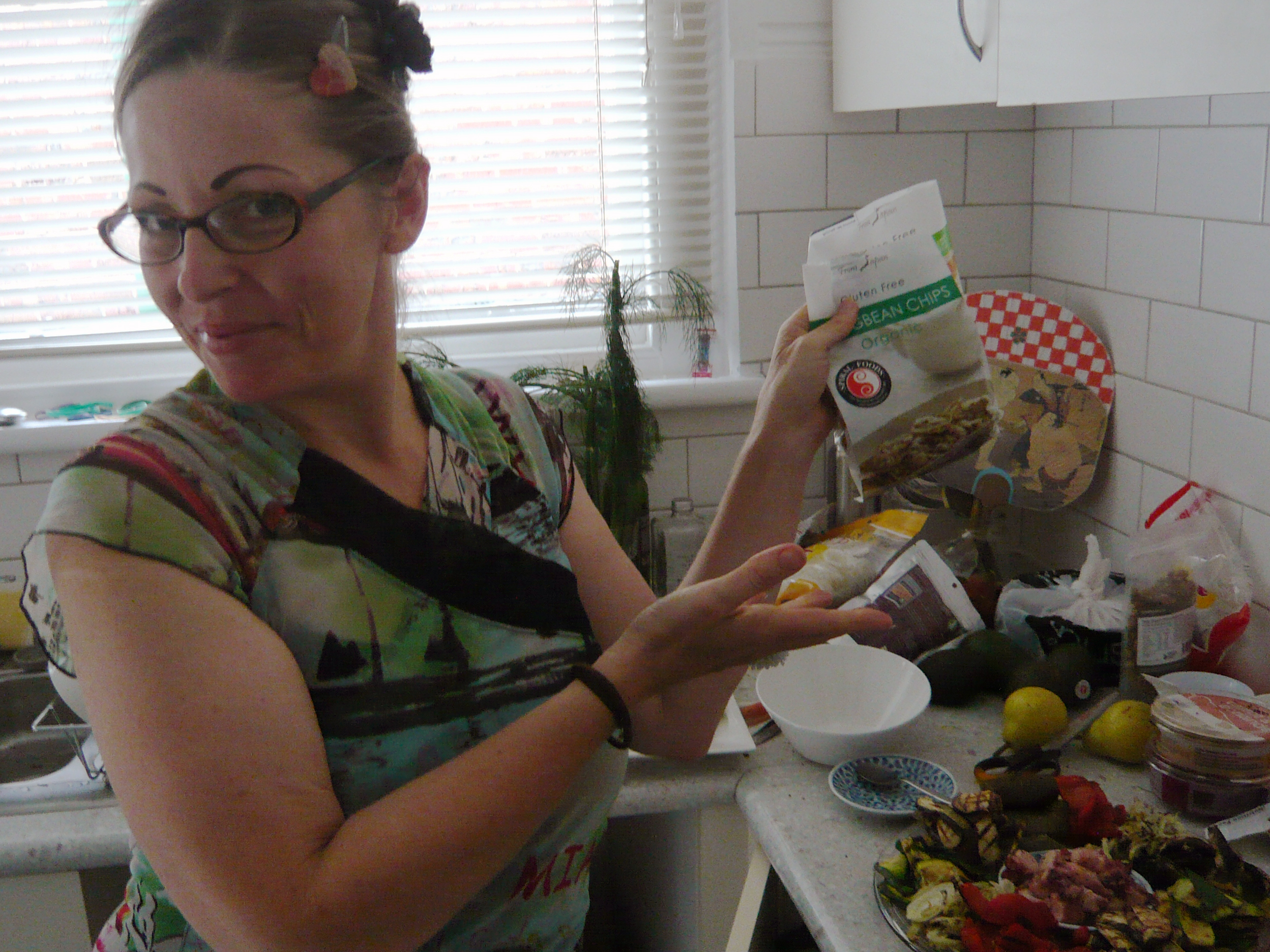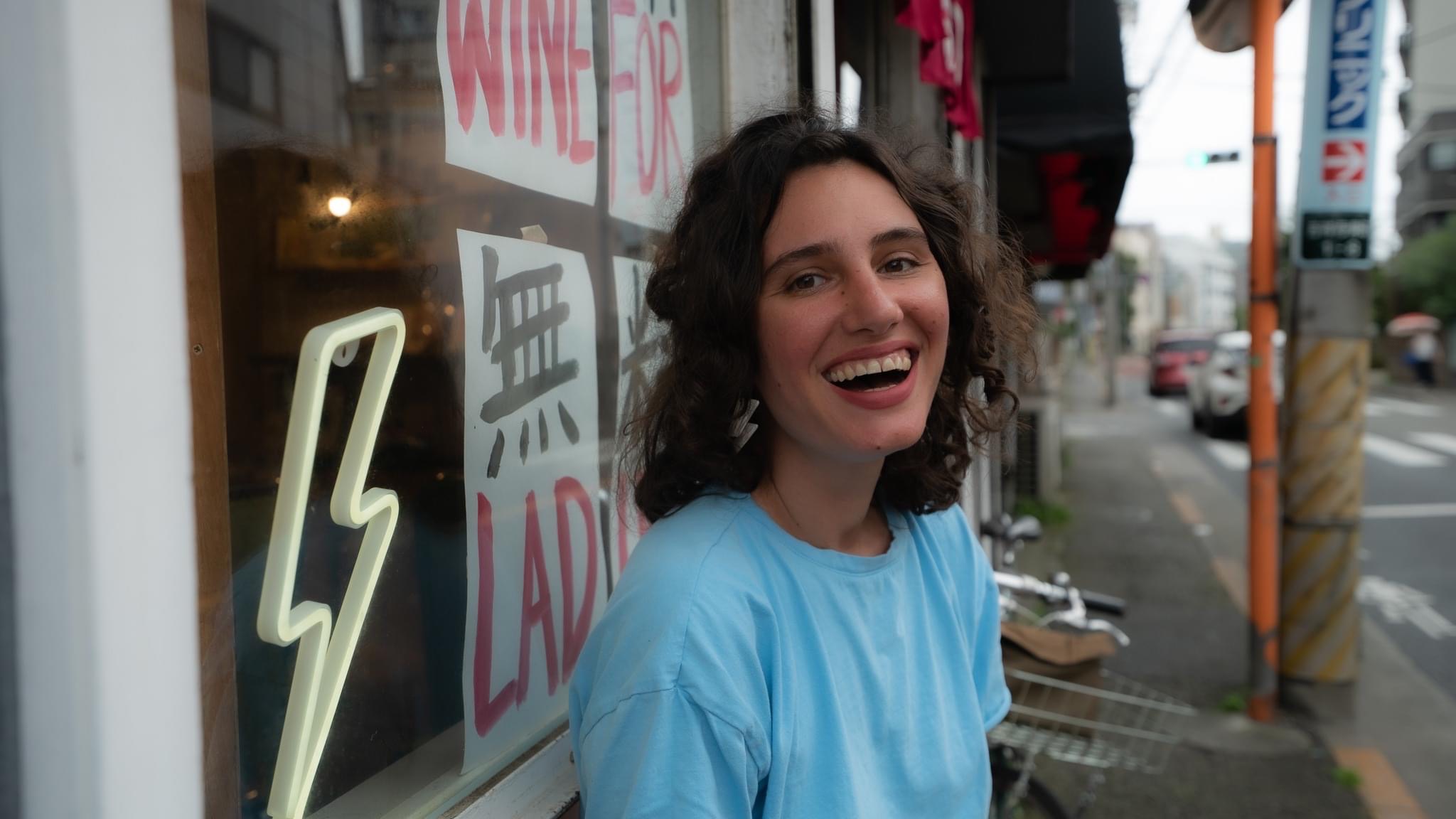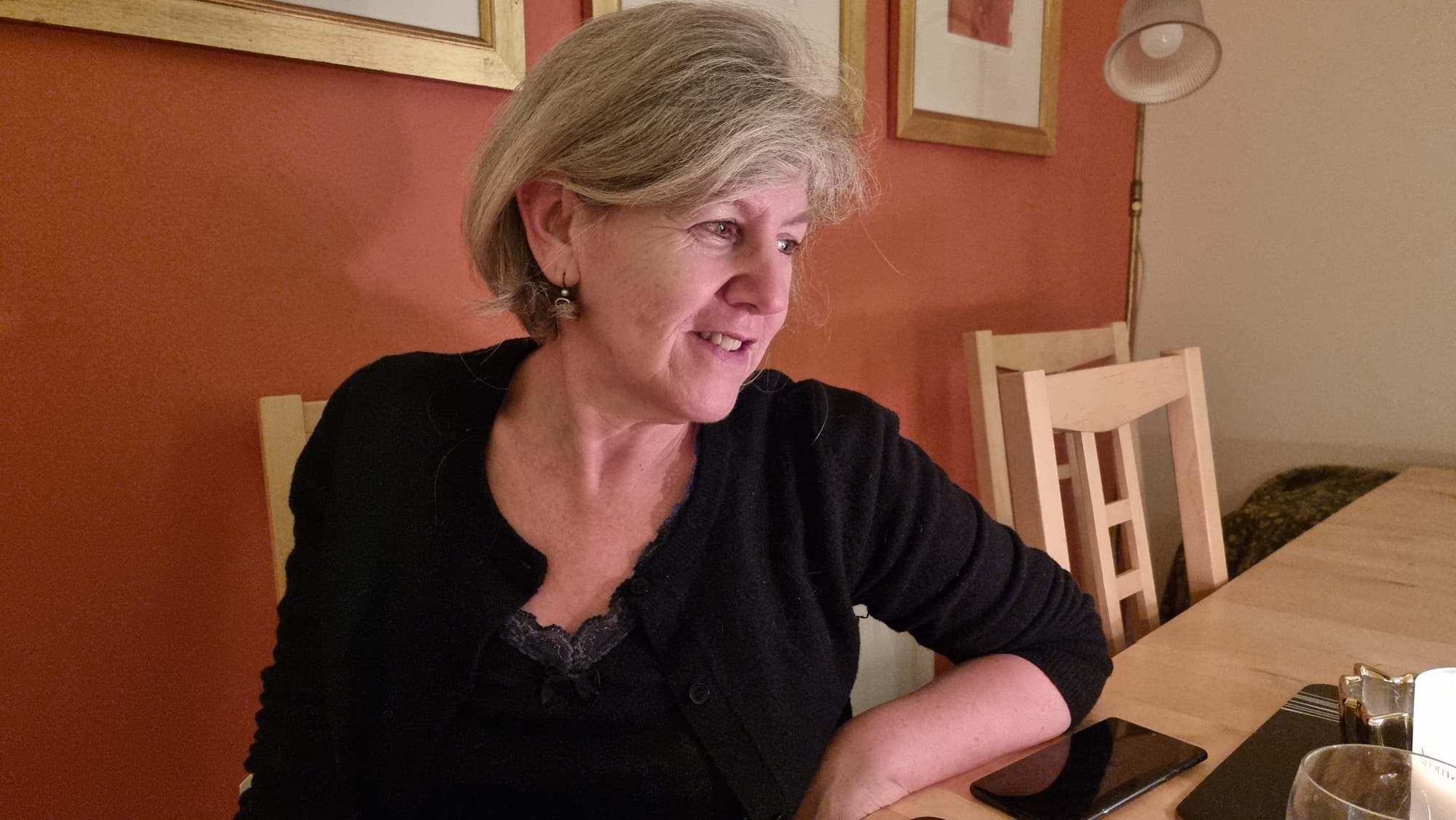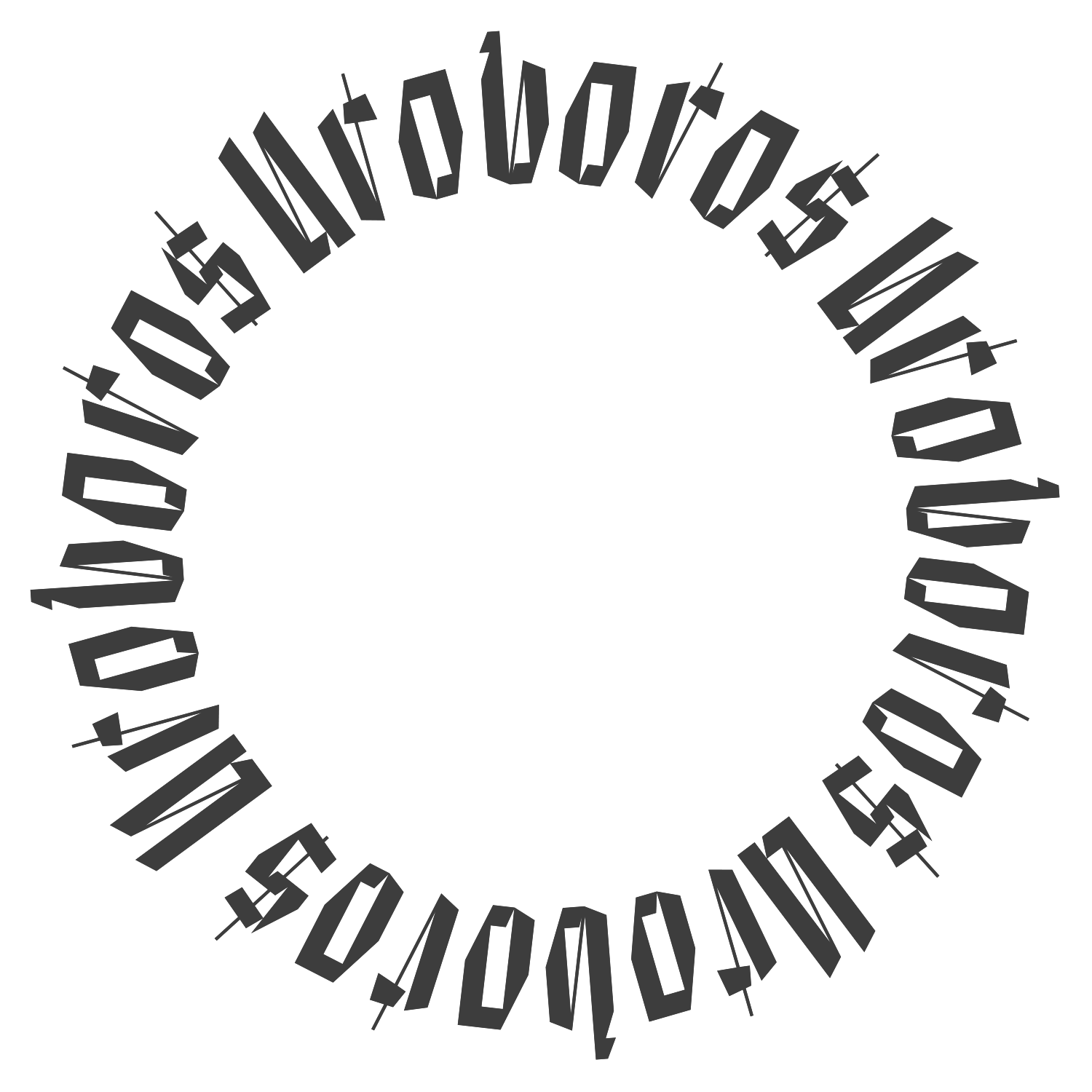
Feral Gift
The Feral Gift is an ongoing co-creative experiment in feral ways of understanding, doing, and becoming an eco-social change.
–
2 Oct Sun
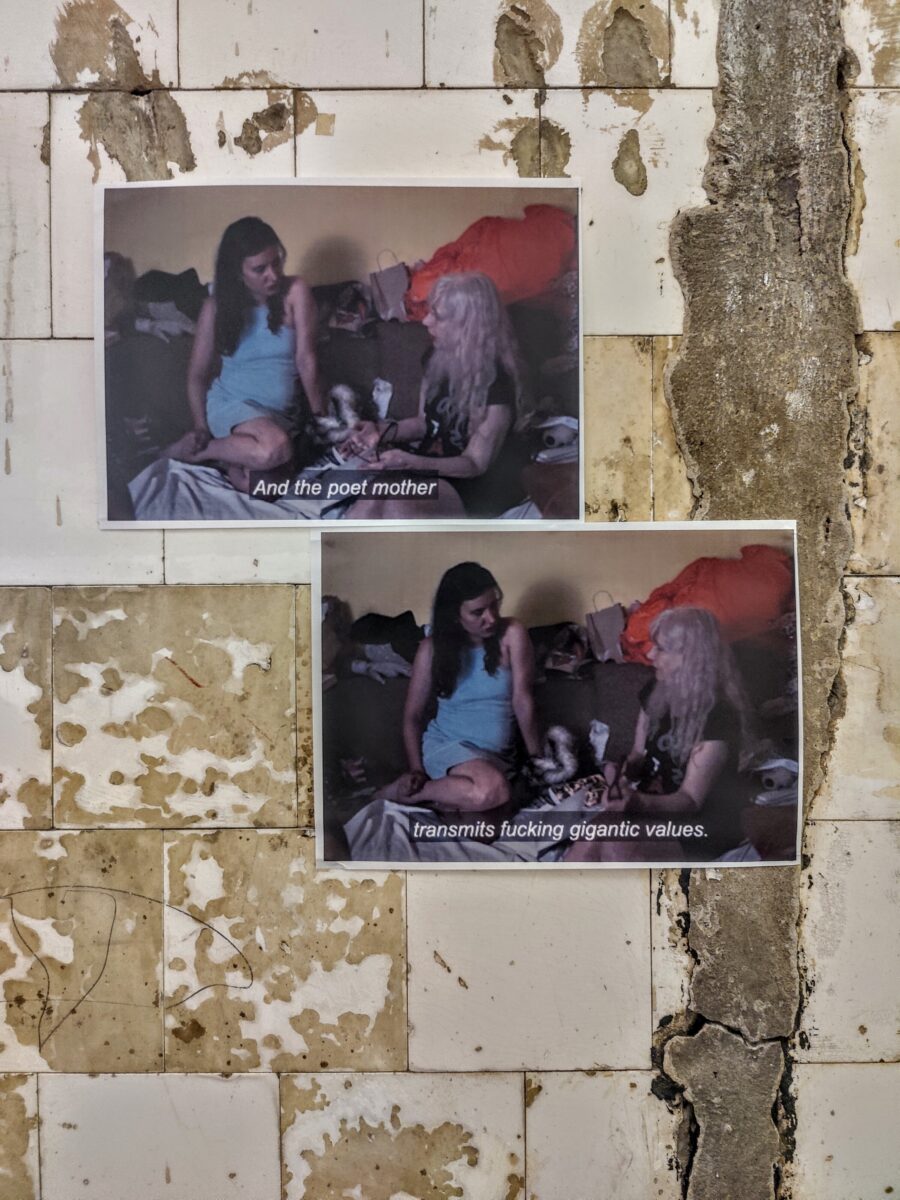
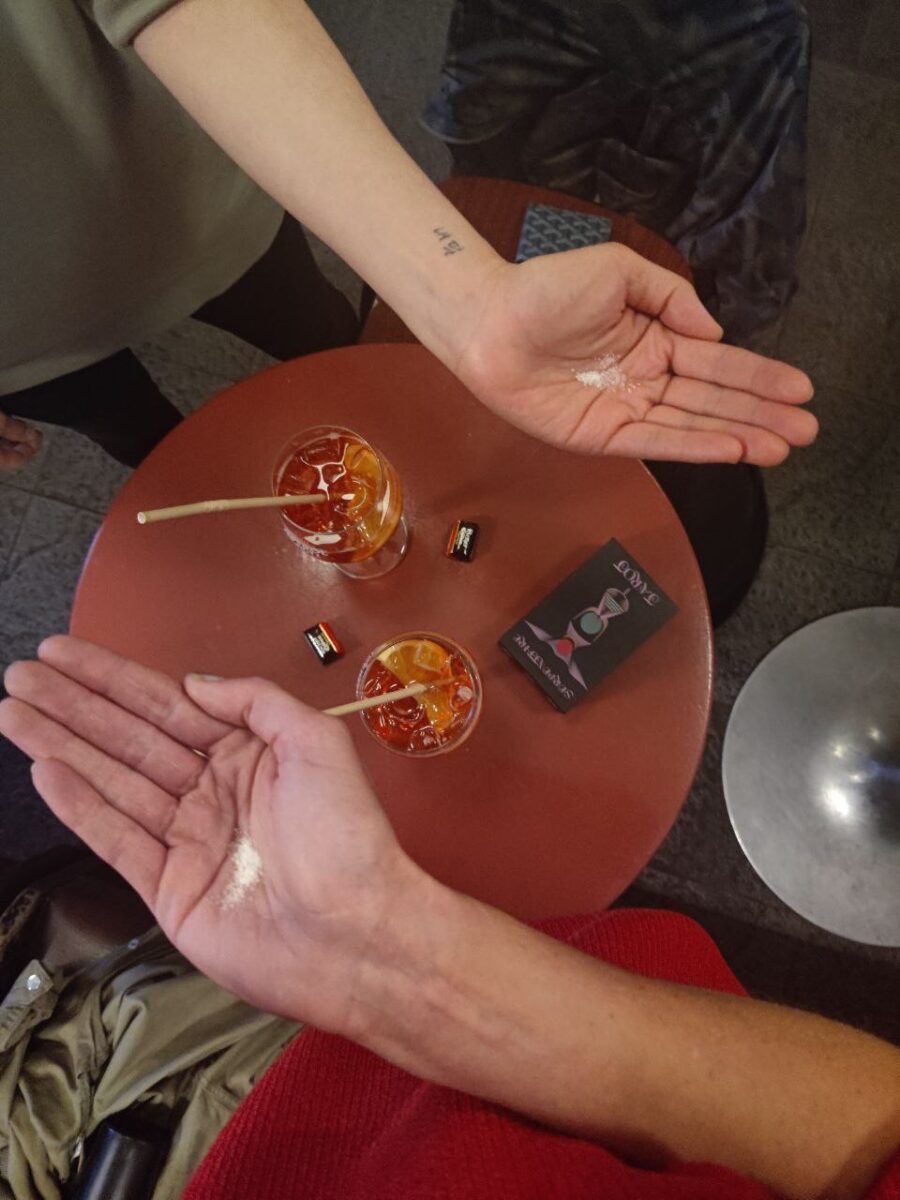
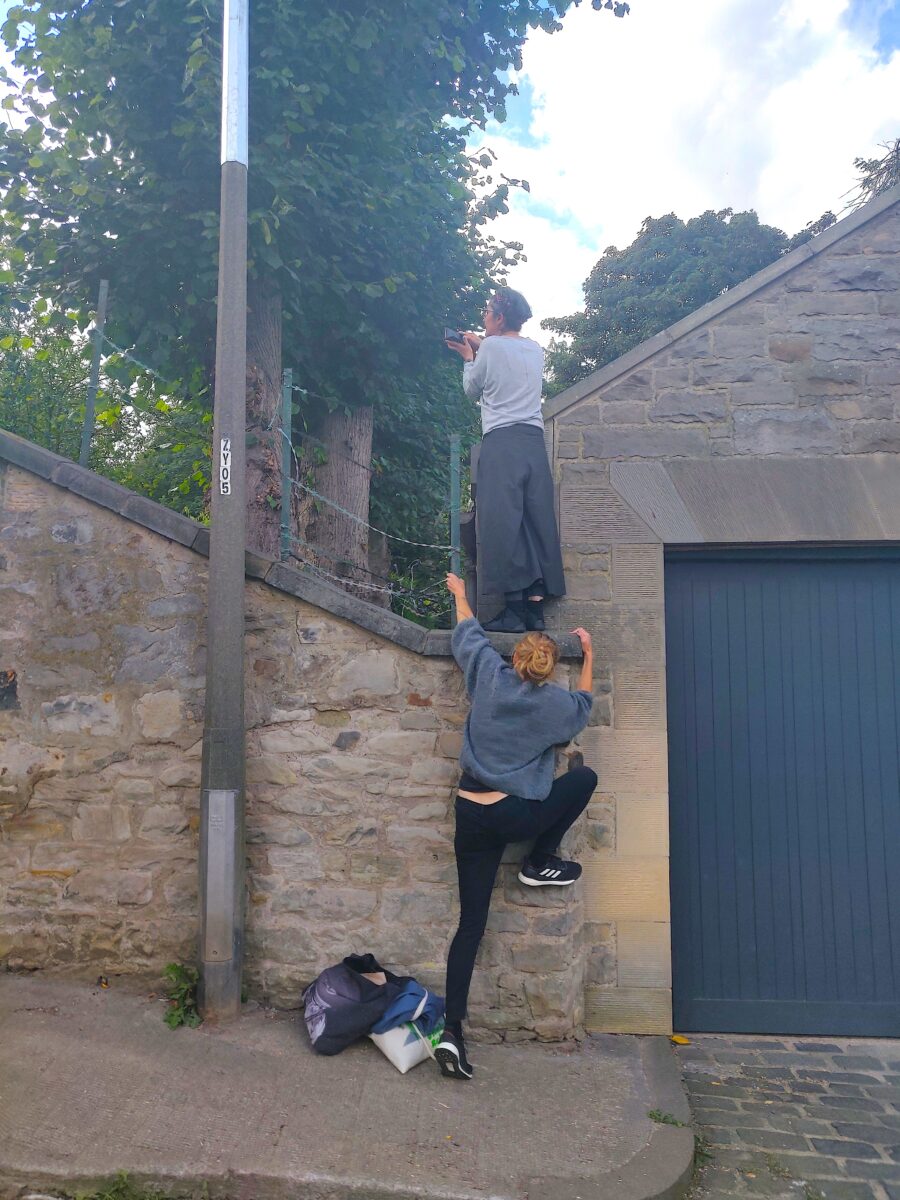
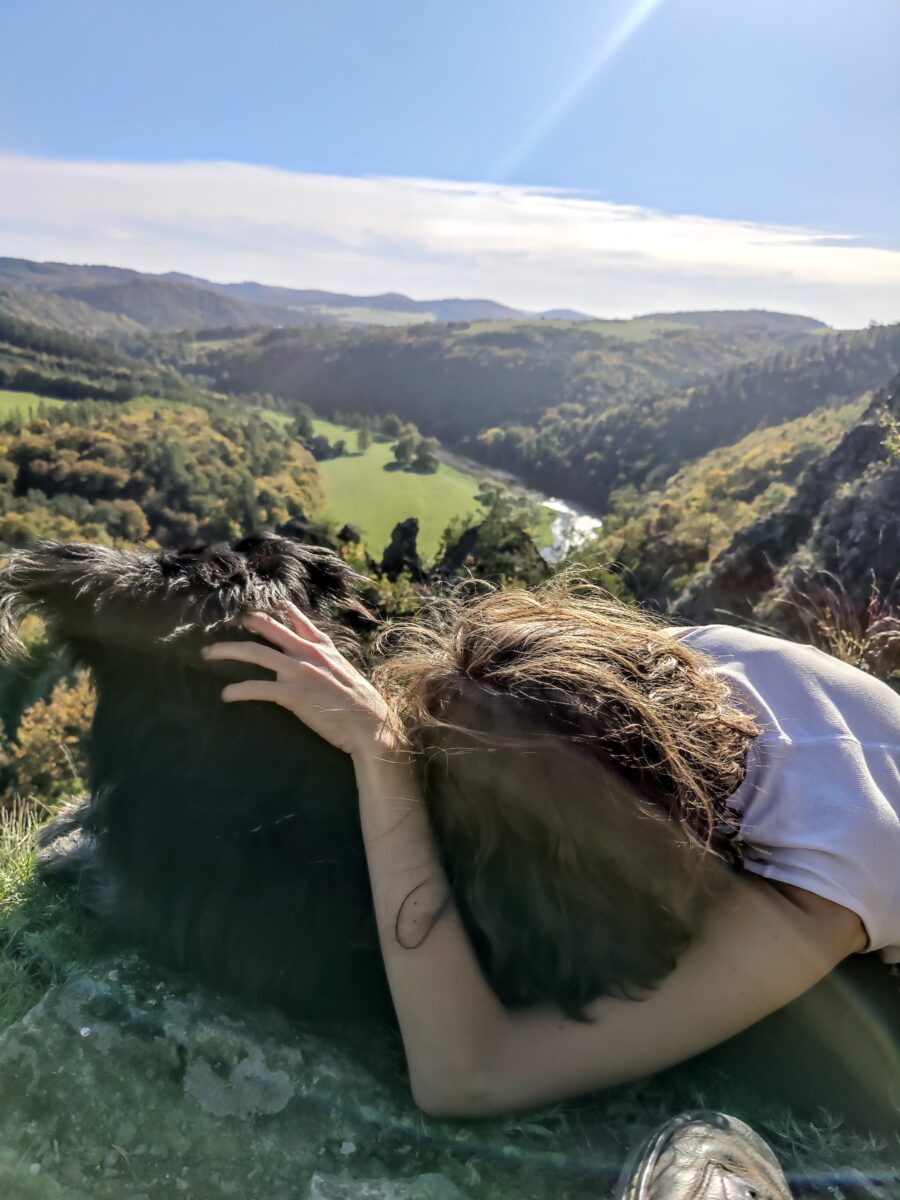
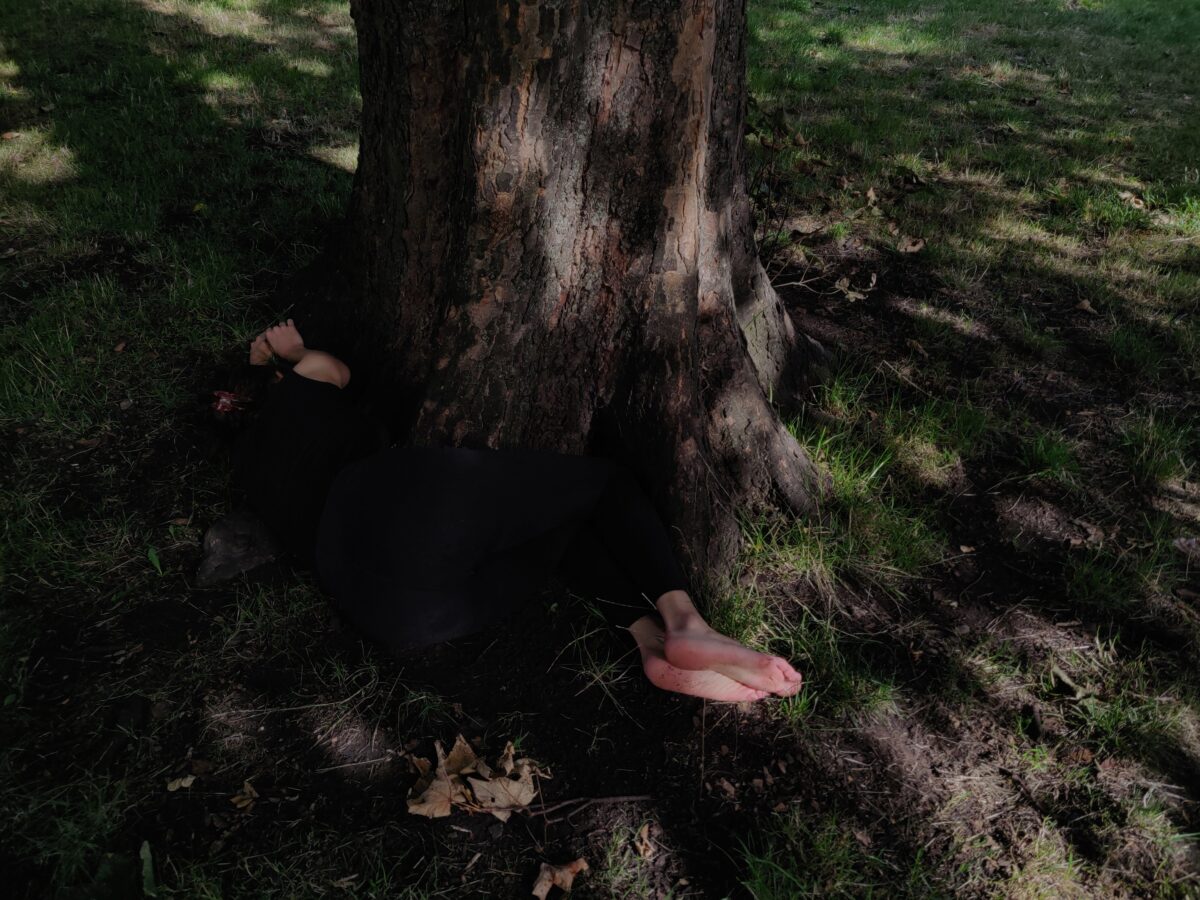
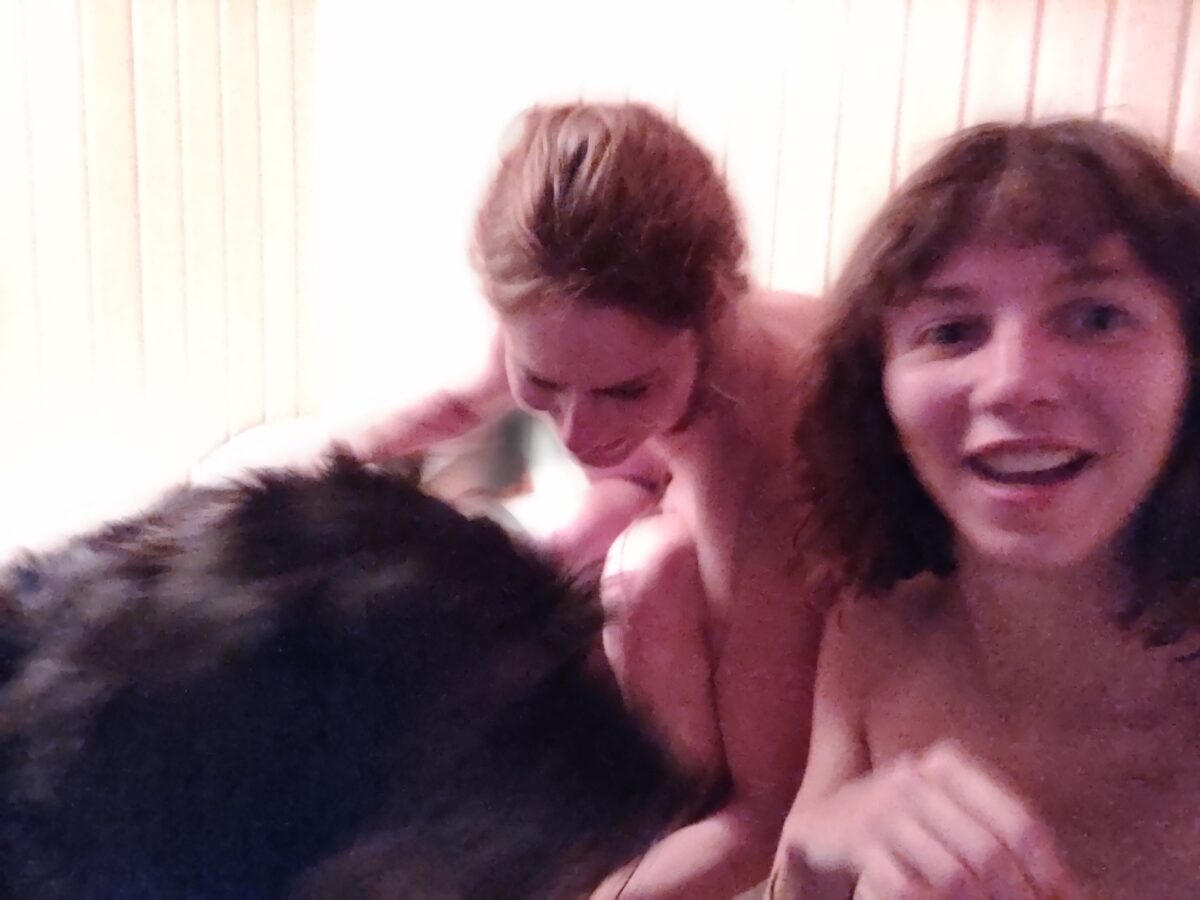
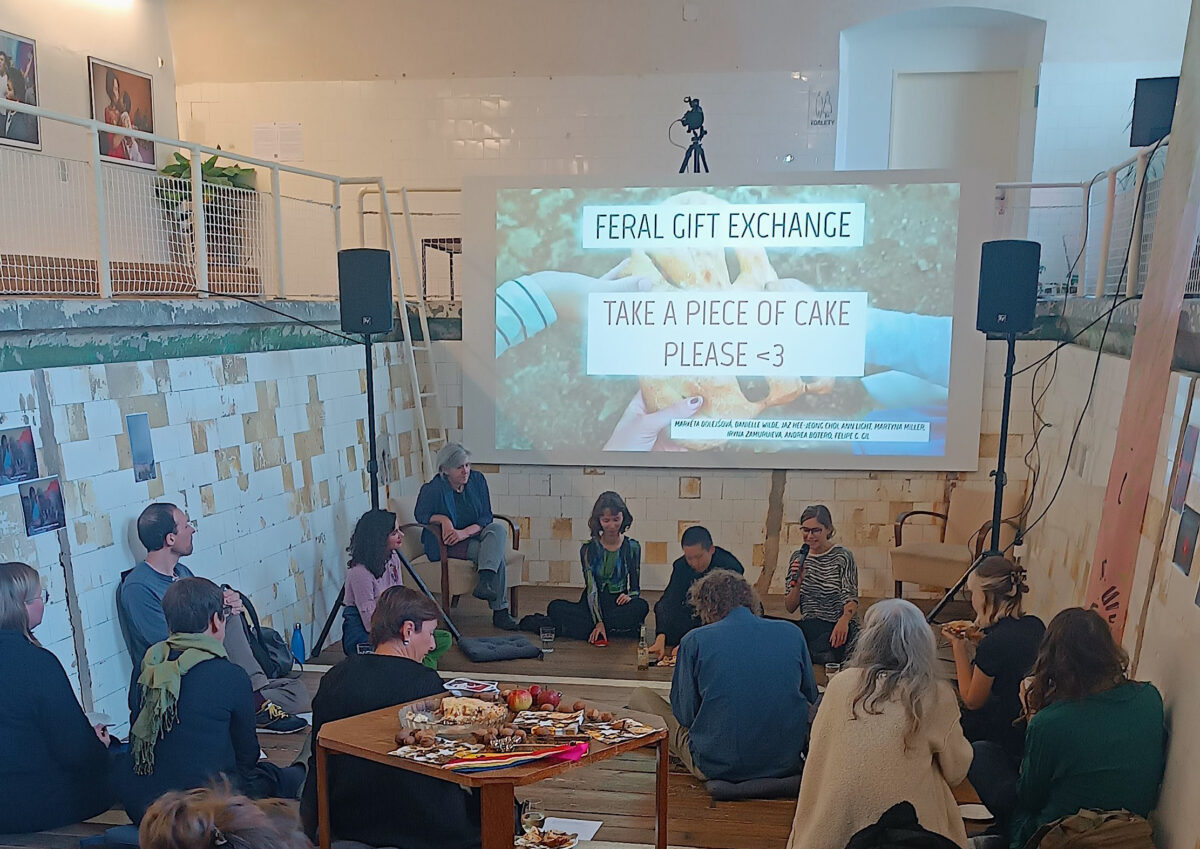
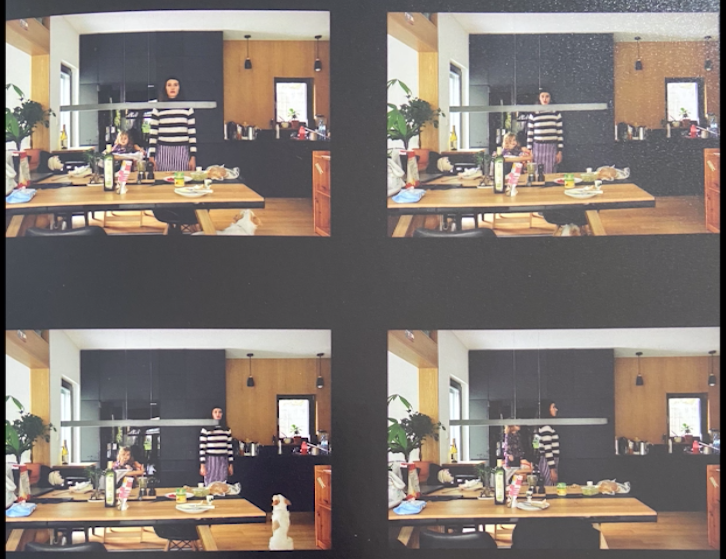
Initiated within the Uroboros 2022 Loops programme, the Feral Gift brought together artists, designers, researchers, and social change-makers of various backgrounds to reflect on and performatively enact their diverse experiences of eco-social change. What could the complex, large-scale notion of ‘eco-social change’ mean across different – personal, professional, cultural – contexts? What feelings, meanings, imaginaries, and shapes could be associated with it? How could it sound, smell, look, and taste like? The Feral Gift experiment highlights that ecological and societal crises manifest differently across diversely situated social contexts, pointing out that there are no universal approaches or solutions.
Inspired by feral ways of knowing and doing (open-ended, spontaneous, multispecies, beyond human control) and the Fluxus tradition of scores (short written prompts for interpretative enactments), six people/collectives have engaged in a six-week co-creative process of performative storytelling and embodied action to explore theoretical narratives of eco-social change. Each week, one Feral Gift contributor selected a guiding narrative (e.g., from books, poems, songs) capturing resonant elements of change and devised a score for a situated enactment to be performed by the rest of the group in their diverse places & spaces: for example, a kitchen in Helsinki, an art space in Tokyo, a living room in Colombia, a forest patch in Umeå, a mountain in Edinburgh, a cottage in Bohemia, an elevator in Newcastle, a home in Seoul, a seacoast near Seville…
Within this exchange, the group explored various narratives of change through concrete but abstract, everyday-life but unusual, sensory-rich, and intimate activities. They touched, smelled, tasted, listened to, and felt what something as abstract and scalable as eco-social change might mean to each of them. Their documentation of these activities resulted in an archive consisting of 36 performative enactments of eco-social change in diverse formats, including short films, poems, letters, songs, drawings, recipes, and edible dishes.
The 2022 Urobros Loop was the first instantiation of the Feral Gift experiment, which has been proposed by its authors as a long-term practice open to anyone interested in exploring diversely situated shapes and epistemological layers of eco-social transformation. The authors are currently working to develop an online, interactive Feral Gift library containing all documentation materials from the initial loop and create a feral interface to invite further contributions. By opening the Feral Gift, they hope to create a peer-learning space for various curious others (human and non) to share their experiences of what eco-social change may mean, to whom, where, and why.
The Feral Gift was proposed by Markéta Dolejšová and Danielle Wilde and brought to life together with Iryna Zamuruieva, Martyna Miller, Ann Light, Felipe G. Gil & the Open Forest Collective.
Markéta Dolejšová
Markéta Dolejšová is a practice-based researcher working across participatory art and design to explore the shapeshifting dynamics of more-than-human coexistence and the changing relations among humans, nature, and technology. She is currently affiliated as a postdoctoral research fellow at Aalto University - School of Arts, Design and Architecture (FI) and has co-founded several art-design research initiatives including the Uroboros festival, the Open Forest Collective, the Feeding Food Futures network, and the Fermentation GutHub. In 2020-22 she worked with the CreaTures – Creative Practices for Transformational Futures EU project where she led the Laboratory of experimental artistic productions.
Danielle Wilde
Danielle is a professor of Design for Sustainability at Umeå Institute of Design, Umeå University, Sweden, and Associate Professor, Sustainability Transitions, at SDU, Denmark, where she leads research into food system transformation, and coordinate local efforts on the H2020 FUSILLI project. Across both institutions, her research and teaching raise questions around the social, ecological and material sustainability of human action, and the roles that design might play therein. Danielle uses experimental methods to examine how embodied engagement with the materiality of the world can assist people in thinking in new ways; develop new possibilities for future action that can be implemented today; alternative responses to challenges we face, whether these are planetary in scale or concern the nature within us. She uses performative and probiotic methods, participatory and speculative research through design, to open up new ways of thinking, through moving, making and doing. She undertakes pedagogical research, to infrastructure new roles for design in the twenty-first century, including through biodesign and designing with living things. Her work challenges the role of designer as a maker of things: products, cultural artefacts or services, positing that it is, rather, to examine relationships and dependencies, and do as little as possible; leverage participatory and co-creative design methods to help people to infrastructure their own agency, understand what they need to regenerate the world around them, and take action so that humans and non-humans alike might flourish. Much of this work is focused on food and more-than-human health.
Iryna Zamuruieva
Iryna Zamuruieva makes images, writes, walks, organises, and performs. Across her work, she explores human-environmental relationships through research, photography, curating, collage, and gatherings of all sorts: sensory group walks & counter mapping, street interventions, mourning ceremonies. Most recently she has been writing about her kin-region in Ukraine, working on land, resilience, and climate justice in Scotland; curating Climate Art Labs, an interdisciplinary collaboration exploring the meanings and impacts of climate change in Ukrainian environments; and researching eco-feminist thought in Ukraine. Her writing has been published in the Commons, Open Democracy, and Scottish Left Review amongst others.
Martyna Miller
Martyna Miller is an interdisciplinary artist, director and anthropologist, studied at the University of Warsaw and University of Performing Arts in Sarajevo, received her doctorate in fine arts at the University of Arts in Poznan. Co-founder of duo Polanki and TYNA collective. Since 2018, she has been co-running the DOMIE project in Poznań, an experimental endeavor on the border of art, architecture and social sciences. In her projects she explores the relationship between memory and body. Through memories and their reconstructions she creates methods to work with the mediality of experience. She is interested in the relationship between nature and community in the processes of healing, production and transformation. Her project are often long term investigations, gathering different groups and perspectives to search for collectively developed knowledges and experience communities. She uses video, performance, sound and more. Her works are often cycles, collections, gestures, fragments of broader explorations.
Ann Light
Ann Light is a design researcher and interaction theorist, specializing in participatory practice, human-technology relations and collaborative future-making. Her 25-year research career has focused on the politics, ethics and agency of design, and especially co-design in communities, exploring social activism at neighbourhood level, investigating the design of sharing structures and questioning the boundaries of participation. Regarding the social and ecological as inextricably linked, over the last few years she has turned to consider climate collapse and the stress that current systems put on the planet, believing creative remaking of relations is needed for liveable futures and looking at ways that socially engaged art and design can find potential in difficult places and offer visions of fairer worlds.
Felipe G. Gil
Felipe works at ZEMOS98, a non-profit organization dedicated to cultural mediation. Felipe currently coordinates Commonspoly: an open source board game that fosters a culture of cooperation. He also coordinates Concomitentes UCIPediátrica, a 4 years project on how arts can help in an Intensive Care Unit for Children in a hospital. He also writes at elDiario.es about Internet culture and digital and socially engaged creativity.
Open Forest Collective
Open Forest Collective is a multi-disciplinary, multi-species group of creative practitioners and researchers experimenting with feral approaches to engaging with forests and forest data. The Collective's creative activities – experimental walking, drifting, storytelling, and co-creation of feral forest datasets – bring together scientists, artists, citizens, policymakers, Indigenous forest guardians as well as dogs and trees in experiential exchange of their diverse forest experiences and knowledge. The work is distributed across different locations, including (what is known today as) Finland, Australia, the Czech Republic, and Colombia. Current members of the Collective include Andrea Botero, Markéta Dolejšová, Jaz Hee-jeong Choi and Chewie.

